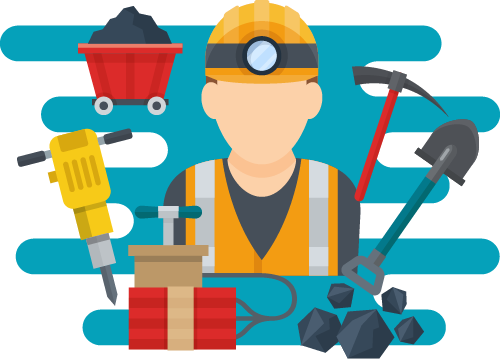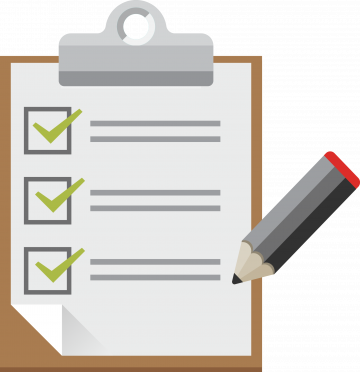Still Exploring?
Looks like you’ve been exploring our platform.
Want to see everything in one place?


Traditionally, conflict minerals regulations cover the sourcing of tin, tungsten, tantalum and gold (3TGs) from war-torn regions, particularly the Democratic Republic of the Congo and its surrounding countries, in compliance with Section 1502 of the Dodd-Frank Wall Street Reform and Consumer Protection Act. However, in response to consumer and investor pressure, companies have begun to expand the scope of the minerals and locations they consider when conducting due diligence through the supply chain.


Responsible sourcing practices can include materials such as cobalt, nickel, copper, platinum, talc, mica and graphite. When the EU Conflict Minerals Regulation comes into effect in 2021, the Organisation for Economic Co-operation and Development (OECD) will reevaluate geographic areas considered to be high-risk.


Companies commonly use the Conflict Minerals Reporting Template (CMRT), developed by the Responsible Minerals Initiative (RMI, formerly the Conflict-Free Sourcing Initiative), to report on their use of 3TGs by identifying and reporting on smelters.
As industry best practices evolve, more standards, such as the pilot RMI Cobalt Reporting Template, are expected. Companies can look to the OECD Due Diligence Guidance for Responsible Supply Chains of Minerals from Conflict-Affected and High-Risk Areas to guide internally-developed programs as they create their own surveys to identify material source of origin. The European Partnership for Responsible Minerals has also been established to create guidances related to the EU Conflict Minerals Regulation.
Assent’s Conflict Minerals Module, part of the Corporate Social Responsibility Suite, facilitates due diligence for responsible mineral sourcing. The module: